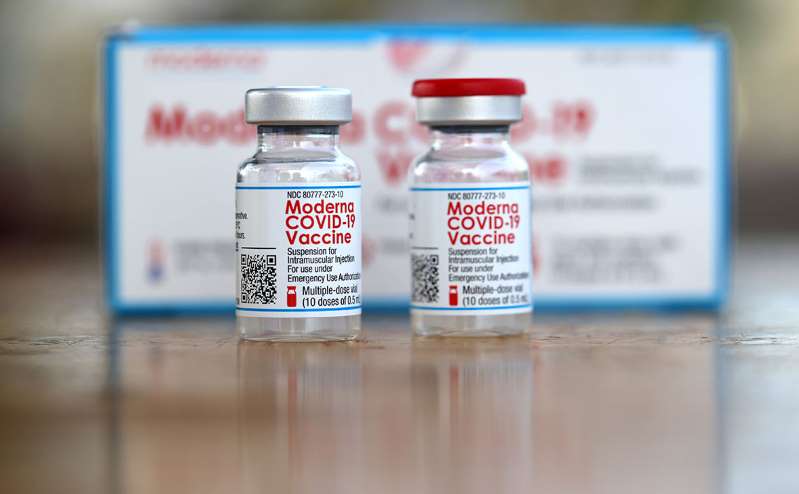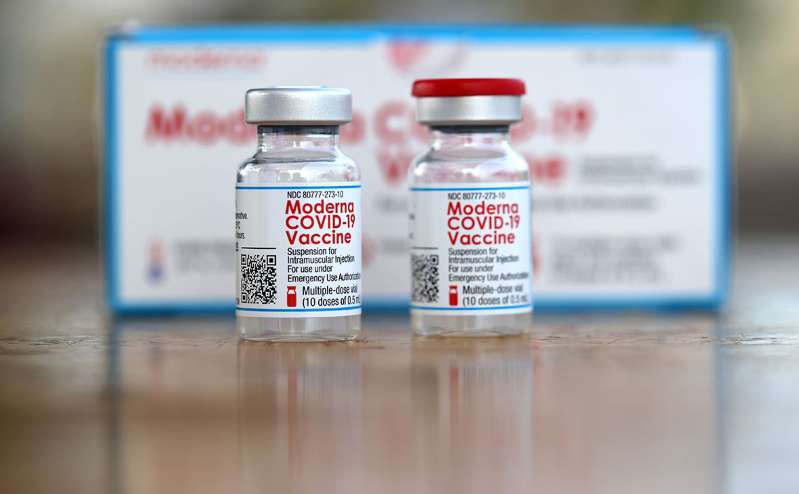
The strategic advisory group of experts of the World Health Organization (WHO) has released recommendations on the use of the mRNA-1273 coronavirus vaccine from the American company Moderna. The document and its main provisions are published on the WHO website.
The guidelines state that a propensity for anaphylaxis (an acute, life-threatening allergic reaction) to any other vaccine or injection therapy is not a contraindication to vaccination. However, they cautioned that the procedure must be accompanied by appropriate precautions.
Risk assessments should be carried out by physicians with specialized knowledge of allergic diseases. Such patients should be under medical supervision within 30 minutes after vaccination instead of the standard 15.
In this case, the vaccination itself must be carried out in medical institutions that are capable of providing the necessary qualified medical care in the event of anaphylactic shock.
“Subject to an individual assessment of the risks and benefits of mRHA-1273, it can be provided under close medical supervision if this is the only available option for those at high risk of severe COVID-19,” the document says.
The experts also noted that a small number of cases of anaphylactic reactions after vaccination have already been reported, but this issue still requires research and more data collection. Therefore, all vaccinated persons must be under medical supervision for at least 15 minutes after the injection.
The summary of the report states that “persons with a history of severe allergic reaction to any component of the vaccine should not receive this or any other mRNA vaccine.”
Experts recommended using Moderna vaccine in two doses with an interval of 28 days, which, if necessary, can be increased to 42 days. This vaccine should be used during pregnancy only if “the benefits of vaccinating the pregnant woman outweigh the potential risks of the vaccine”. For example, if a pregnant woman is a medical professional and is at risk of infection.
A report on the Rospotrebnadzor website says that DNA and RNA vaccines have appeared relatively recently and are actively developing. “The production of such vaccines is one of the simplest, but the technologies for the delivery of genetic material into the body's cells are still not well developed, which hinders the active introduction of DNA and RNA vaccines: so far no nucleic acid-based vaccine has been used in clinical practice in humans. “, – noted in the department.
In late December, the NYT reported the first case of an acute allergic reaction from a patient to the Moderna vaccine in the United States. The Boston doctor developed complications a few minutes after the drug was administered. Hossein Sadrzade, a geriatric oncologist at Boston Medical Center, told the newspaper that almost immediately he felt unwell: his heart rate doubled, cold sweat appeared, tongue numb, blood pressure dropped. It turned out that the doctor had a strong allergy to shellfish and the symptoms that appeared after vaccination, he said, were the same as the reaction to this allergen. The doctor was hospitalized and discharged after medical assistance.


